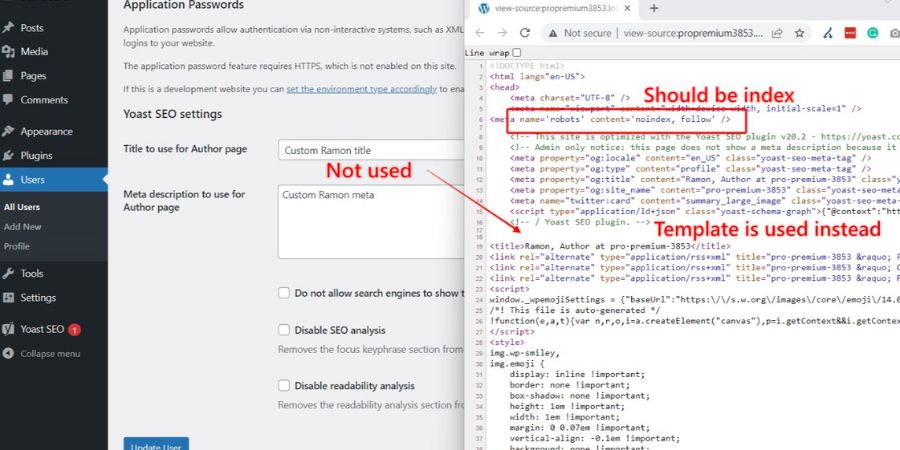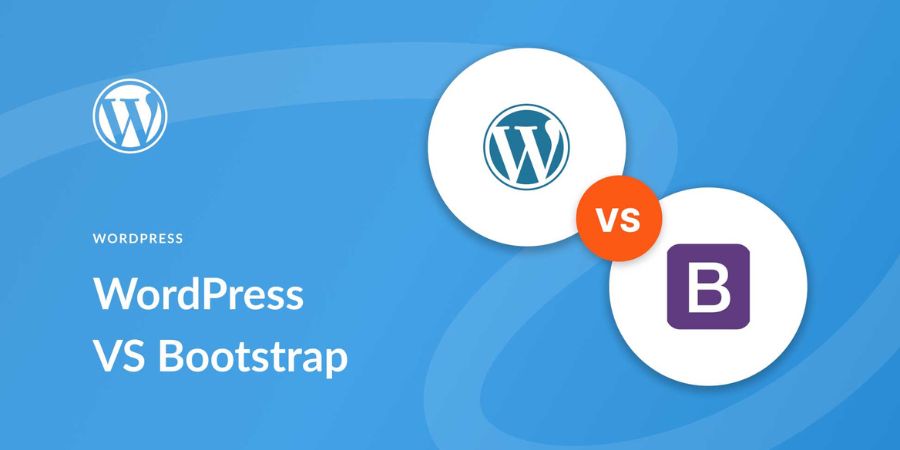In today’s digital age, online platforms are bustling communities where people share ideas, opinions, and information. However, managing these vast networks of voices can be a challenging task. This is where what is the difference between a moderator and a censor comes in. While these two roles might seem similar, they differ significantly in their goals, methods, and impact on the community. Understanding these differences is crucial for navigating the digital world and fostering a respectful, free exchange of ideas.
What is a Moderator?
A moderator is responsible for overseeing online communities, such as forums, social media groups, and websites, to ensure that discussions stay productive, respectful, and within the platform’s guidelines. Their primary role is to maintain order, ensuring that all members follow the rules of the platform. Moderators focus on enforcing community standards rather than suppressing content or opinions.
Key Responsibilities of a Moderator:
- Enforcing Guidelines: Moderators ensure that users adhere to the community guidelines, which typically include rules against hate speech, harassment, and spamming. This is a safe place for all the user to try their experience.
- Managing Content: Moderators review content shared by users, such as posts, comments, or images, to make sure they fit within the platform’s policies. They might delete, edit, or flag inappropriate content. Importantly, moderators are not tasked with silencing diverse viewpoints—they aim to keep conversations respectful and constructive.
- Providing Support: Moderators often provide support to community members by answering questions or clarifying rules. They can act as guides, helping new users understand the platform’s culture and norms.
What is a Censor?
On the other hand, censorship involves the suppression or restriction of information, ideas, or expressions. A censor is someone who deliberately limits free expression, often for political, social, or ideological reasons. While censorship can occur within online communities, it is usually more associated with government regulations or corporate interests, aiming to control what information reaches the public.
Key Responsibilities of a Censor:
- Suppressing Content: Censors are often tasked with removing or blocking content that contradicts a particular agenda or narrative. This could involve banning certain topics, silencing critics, or blocking media that challenges established viewpoints. Censorship often aims to limit the flow of ideas to maintain a particular ideological or political stance.
- Controlling Speech: Unlike moderators who aim to foster open dialogue, censors typically aim to control or restrict speech. This can happen on a large scale, such as state-driven censorship in countries with authoritarian governments, or more subtly, in corporate environments where certain topics may be suppressed to avoid controversy.
- Preventing Access to Information: Censorship can also involve limiting access to certain types of information, especially on sensitive subjects like politics, religion, or social issues. Censors may block websites, delete posts, or prevent discussions from taking place to maintain a specific narrative.
Must Read: Quickly Find Out if Your Website Is in Production or Development
Key Differences Between Moderators and Censors
Although moderators and censors both influence what content is shared online, their roles and motivations are quite different. Here’s a breakdown of the key distinctions:
1. Purpose:
- Moderators aim to maintain order and create a safe, respectful space for discussion. Their goal is to ensure that all voices can be heard within the boundaries of community guidelines.
- Censors, however, are focused on restricting content. Their primary goal is to limit or control what information or viewpoints are shared, often in service of political, corporate, or ideological agendas.
2. Impact on Free Speech:
- Moderation generally supports free speech by protecting participants from harmful content while allowing for a diversity of opinions. Moderators encourage respectful discussion and debate.
- Censorship typically limits free speech by silencing or controlling certain viewpoints, often curbing public discourse in the process.
3. Transparency:
- Moderation is often transparent to the community, with users knowing the rules and guidelines. Moderators act in the open, and users can often appeal or challenge moderation decisions.
- Censorship is usually opaque, with little to no explanation as to why certain content is removed. It can be done behind closed doors, with little accountability.
4. Scope:
- Moderators generally work within specific online communities or platforms, ensuring that conversations adhere to the platform’s rules.
- Censors can operate on a much larger scale, controlling or restricting information across broader societal, national, or even global contexts.
The Ethics of Moderation vs. Censorship

Here’s a table summarizing the key points of The Ethics of Moderation vs. Censorship:
| Aspect | Moderation | Censorship |
| Purpose | Maintain respectful and inclusive discussions | Control or restrict information. |
| Impact on Free Speech | Supports free speech within guidelines | Limits or suppresses free speech. |
| Transparency | Transparent, with clear guidelines and appeals | Often opaque, with little explanation. |
| Ethical Challenges | Can suppress debate if overdone | Often seen as a violation of free speech. |
| Scope | Typically within specific online communities | Can operate on a broader scale, including governments or corporations. |
Conclusion
In summary, the distinction between a moderator and a censor lies in their approach to content regulation and their impact on free speech. Moderators aim to maintain a healthy environment for respectful communication, while censors often limit or suppress content to serve a particular agenda. Moderation helps create a space for open dialogue, while censorship restricts the flow of ideas and information.
Online platforms and communities need to understand the difference between these two roles, ensuring that they foster open, respectful conversations while avoiding unnecessary censorship. By promoting ethical moderation and respecting free speech, platforms can build inclusive spaces that allow for diverse viewpoints and meaningful exchanges.
FAQs
Q: What is the main difference between a moderator and a censor?
A: A moderator enforces community guidelines to maintain respectful conversations, while a censor restricts content to control or suppress information, often for political or ideological reasons.
Q: Can moderators also engage in censorship?
A: While moderators can remove inappropriate content, ethical moderation focuses on maintaining order and inclusivity, whereas censorship suppresses or restricts content based on external agendas.
Q: Is content moderation necessary for online communities?
A: Yes, content moderation is crucial to ensure that online spaces are safe, respectful, and free from harmful or disruptive content.
Q: Does censorship violate free speech?
A: Yes, censorship often limits free speech by suppressing certain ideas or opinions, which can hinder the free exchange of ideas.
Q: How can platforms prevent censorship from happening?
A: Platforms can prevent censorship by ensuring transparency, setting clear guidelines, and allowing users to appeal decisions, thereby promoting free speech and ethical content regulation.
Up Next, Don’t Miss: Custom Website Development Cost Versus WordPress




